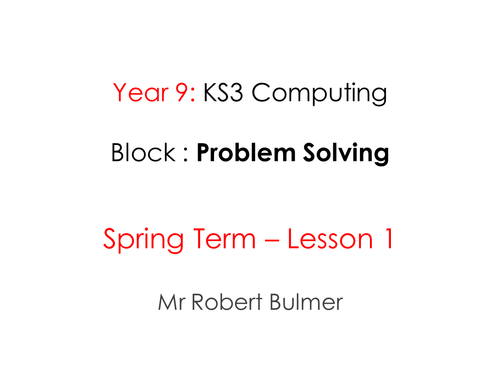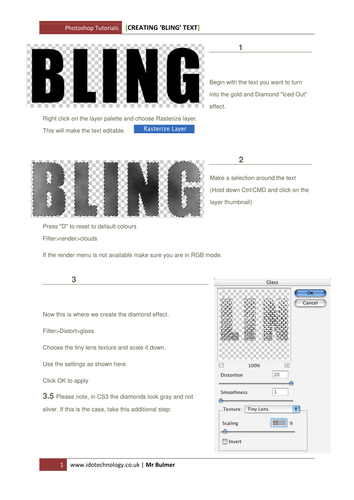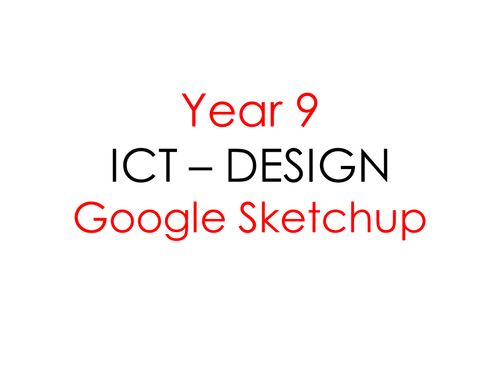Mr Bulmer's Learning Zone
This shop primarily looks at the Computer Science across the Key Stages of the British and International Curriculum. I have also included a series of videos which cover each topic from the Syllabus for the 2023-2025 Cambridge IGCSE. There are also examples of how to best answers exam questions from both papers 1 and 2 of the iGCSE.















